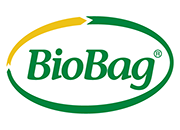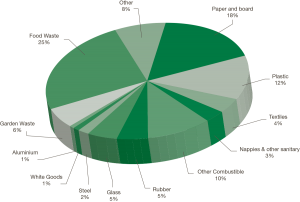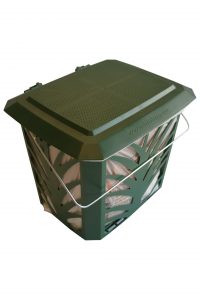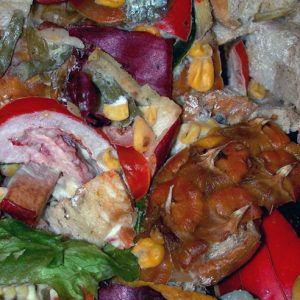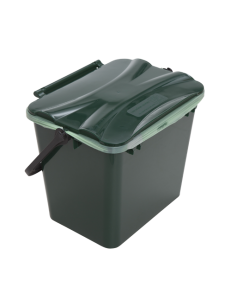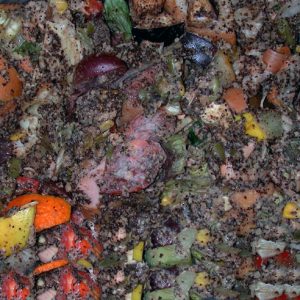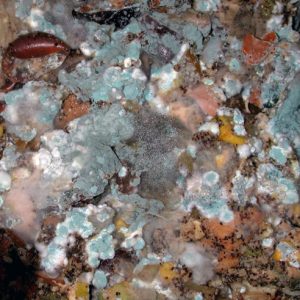About Waste Management
Waste, its management, collection and disposal, account for one of the greatest environmental priorities around the world. More than 30% of waste sent to landfills is organic waste that can be composted and turned into nutrient rich soil. Thanks to local municipalities, concerned communities, and proactive individuals who are sensitive to this issue, the composting of organic waste is an increasing initiative worldwide. BioBags are a proven solution for the organic waste management industry. BioBags increase participation rates, collect organic waste hygienically, and optimize waste management costs. For more than two decades, BioBag has been the expert and prominent supplier to the waste management industry. Our products cover a variety of different uses for waste management initiatives. Our compostable bags and sacks help combat the problem of sending organics to landfills. Using our bags and sacks to collect and compost organic waste, helps complete the natural cycle by returning much needed nutrients back to the environment.
Food Waste Private & Commercial
BioBag offers easy and hygienic solutions for households and commercial kitchens. Our breathable bags, sacks, and food waste containers, come in a wide variety of designs and sizes to fit any kitchen needs. BioBag’s specially developed MaxAir caddy with ventilated sides and lid, allow the moisture to evaporate and the waste to dry out. This means that the waste does not rot, and unpleasant odours are reduced. BioBags have a very high penetration barrier against bacteria, viruses, spores, and mould. The combination of the MaxAir ventilated caddy lined with a BioBag is the world’s leading system for presorting of food waste. BioBags also ensure better hygienic conditions for waste collectors and composting facilities. By using fully compostable sacks to line waste containers, you ensure better hygiene and reduce the need for cleaning the containers.
The European Waste Situation
Theoretical all organic waste can be composted. In Europe, only approximately 25% of the organic waste produced is composted, so we still have a long way to go!
Food waste from private households
The best way to collect food waste from private houses is by using highly breathable bags in combination with a ventilated caddy. The following photos shows the laboratory results comparing BioBags used for collecting food waste in a ventilated caddy, compared to a solid, closed caddy. (Source: Jordforsk, Norway)
Food waste in breathable BioBag and MaxAir ventilated caddy
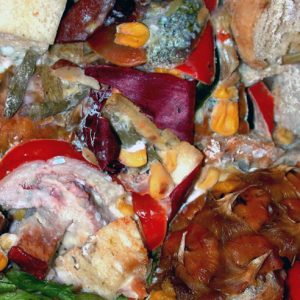
Day 7
The surface is dry, minimal growth of mould and very little moisture at the bottom. No bad smell is detected.
